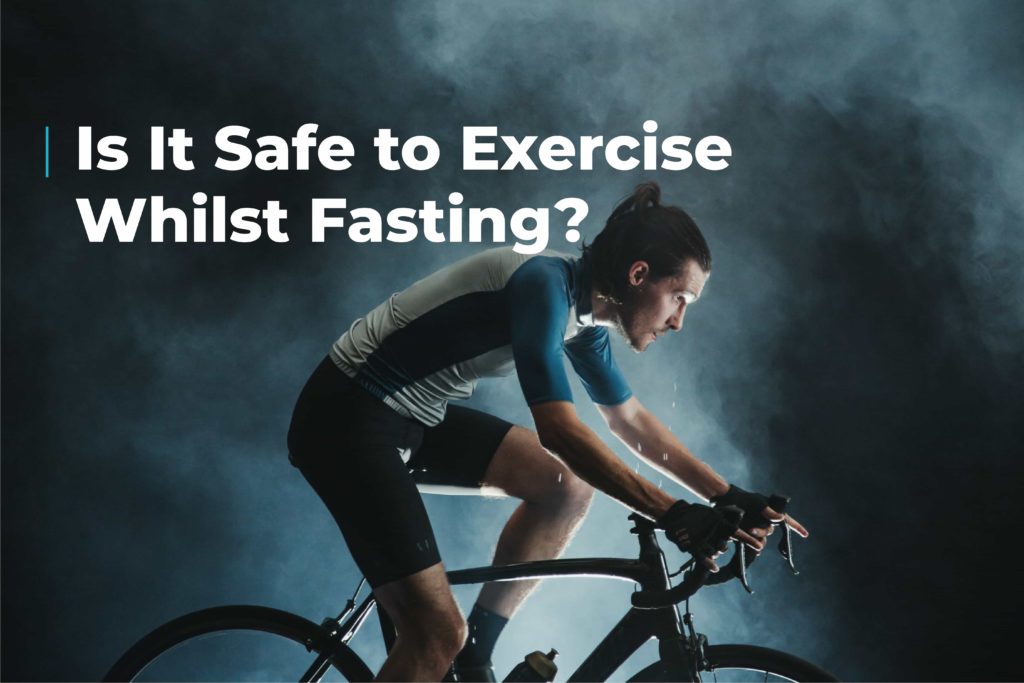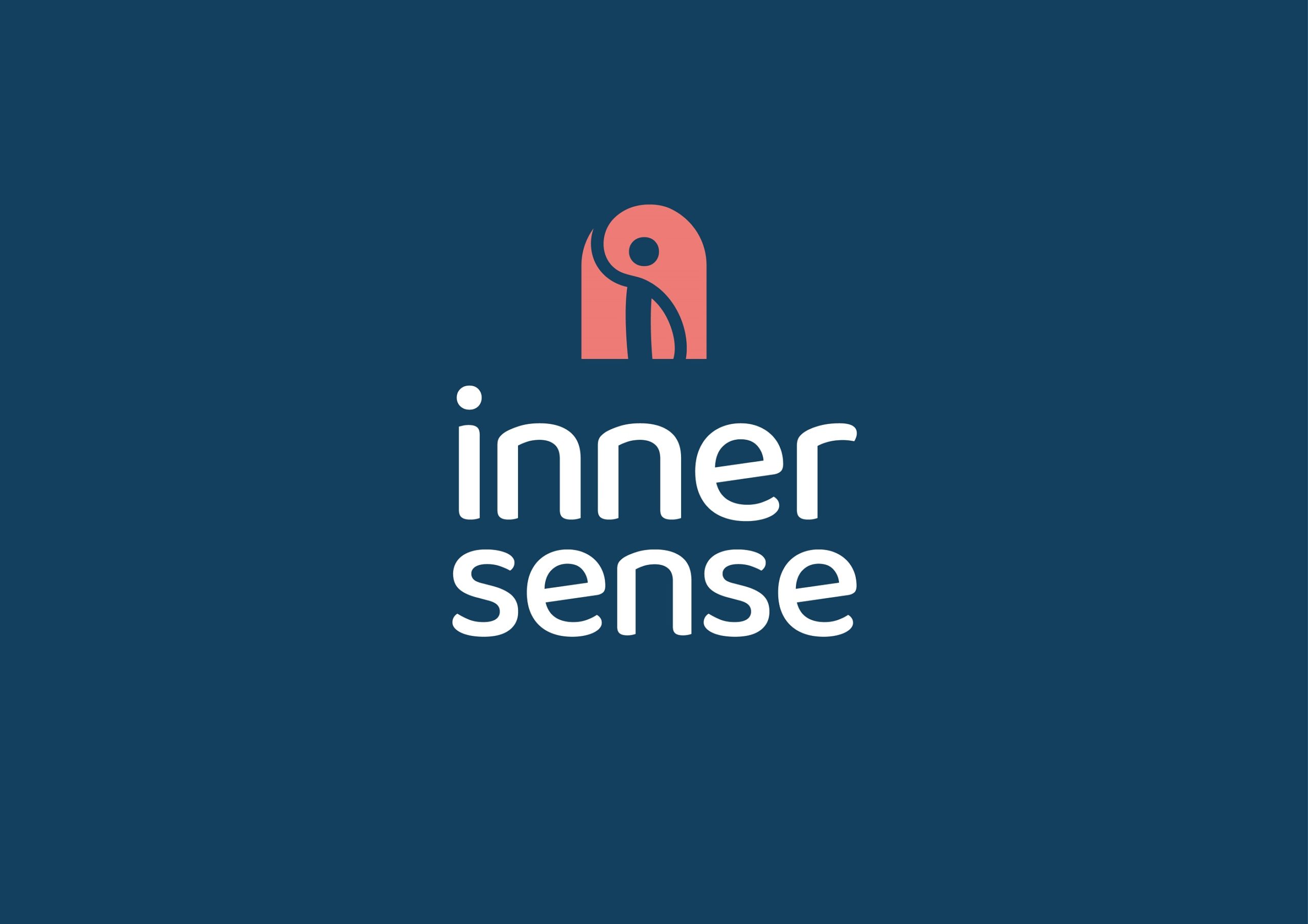Is it safe to exercise whilst fasting?
Yes, if done in the right way, exercise whilst fasting is completely safe. And we may be specially adapted to do it – ancestors who could perform well in a fasted state were able to gather food more successfully, giving them an evolutionary edge1. Clearly, we’re going back a few years, although exercising whilst fasting continues to offer us benefits today. In this post, we’ll take a look at some of these benefits and discuss how to get the most out of your fasted workouts.
Benefits of Exercising whilst Fasting
So what benefits can we expect?
Well, studies suggest that exercising on an empty stomach improves brain function and mood and, although you probably wouldn’t want to attempt a PB during a fast, you may end up feeling more energised in certain types of activites.
It can also help us improve our body composition. During a fast, the body switches to fat burning, where fat molecules are broken down into smaller pieces and used to generate energy. It’s a state known as ketosis and is a great weight-loss tool.
Getting the Most Out of Your Fasted Workouts
There are a few strategies you can employ to ensure that you maximise the benefits of your fasted workouts.
Let’s start with what you shouldn’t do.
Avoid intense or long exercise sessions during multi-day fasts. It’s unlikely that you will get the most out of your workout, and it could even be detrimental to your health.
And the dos?
- Timing – exercising towards the start of your fast, for example early in the morning 12 hours or so after your evening meal, may help enhance the beneficial effects of the fast.2
- Hydrate – during a fast, you can still drink liquids like black tea, coffee and of course water. So, drink plenty to ensure you stay well hydrated.
- Mindset – it’s natural to have reservations about working out on an empty stomach because we know that food fuels us, but your body is able to release fuel stored as fat. And, if you at any point you do feel uncomfortable, remember you’re in control – you decide how hard you push yourself and can stop at any time.
Playing It Safe
As with everything, intermittent fasting isn’t for everyone, and if any of the following apply to you, it’s best to avoid it:
- You’re aged below 20 or above 70
- You’re pregnant or breastfeeding
- You have an existing eating disorder
- You’re underweight (a Body Mass Index of less than 18)
And, although fasting can help alleviate certain chronic illnesses, you should always seek supervision from a clinician if using it therapeutically.
It’s also important to listen to your body, you know it better than anyone. If you feel lightheaded, weak or just really hungry, take a break. You can always try again another time and slowly build your tolerance.
But if you’re relatively fit, healthy and want to give fasted exercising a go, we hope this article gives you the confidence to experiment within safe boundaries.
Get More on Fasting, Health and Wellness
For more information on intermittent fasting, as well as health and wellness, please sign up to the Restoring Balance newsletter. And click on the following link to download a free chapter from my book.
Sources and References
Photo by Munbaik Cycling Clothing on Unsplash (add image credit if needed when yo and Suraj have worked on it)
- Mattson MP, Moehl K, Ghena N, Schmaedick M, Cheng A. Intermittent metabolic switching, neuroplasticity and brain health. Nat Rev Neurosci. 2018 Feb;19(2):63-80. doi: 10.1038/nrn.2017.156. Epub 2018 Jan 11. Erratum in: Nat Rev Neurosci. 2020 Aug;21(8):445. PMID: 29321682; PMCID: PMC5913738.
- Deru LS, Bikman BT, Davidson LE, et al. The Effects of Exercise on Beta-Hydroxybutyrate Concentrations over a 36-h Fast: A Randomized Crossover Study. Medicine and Science in Sports and Exercise. 2021 Mar. DOI: 10.1249/mss.0000000000002655.



